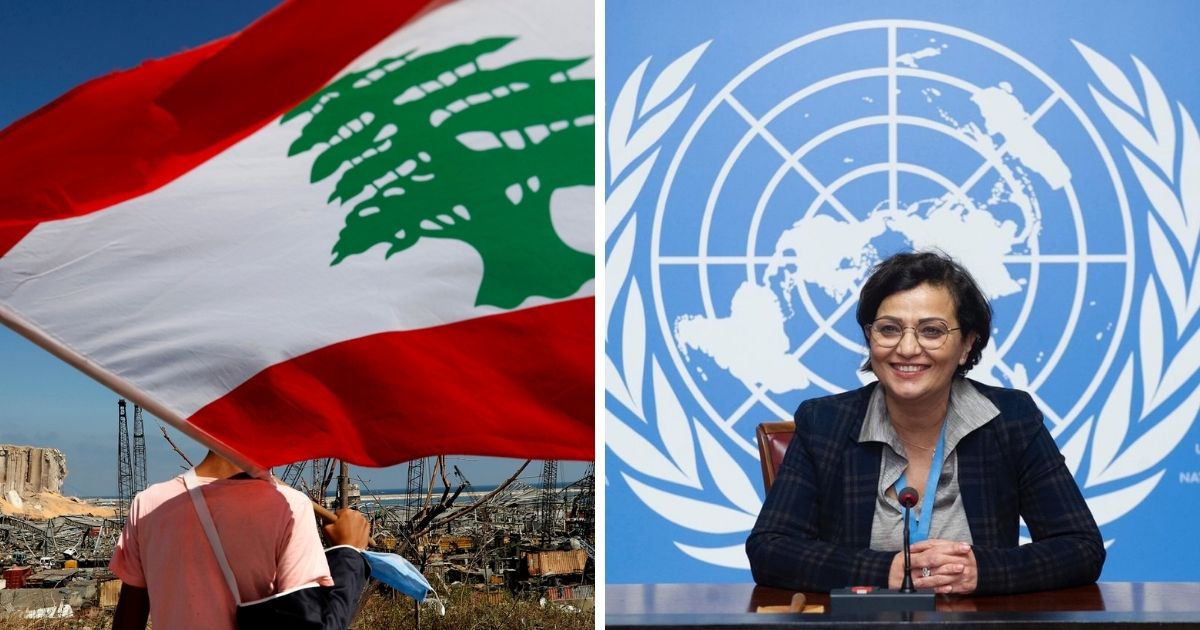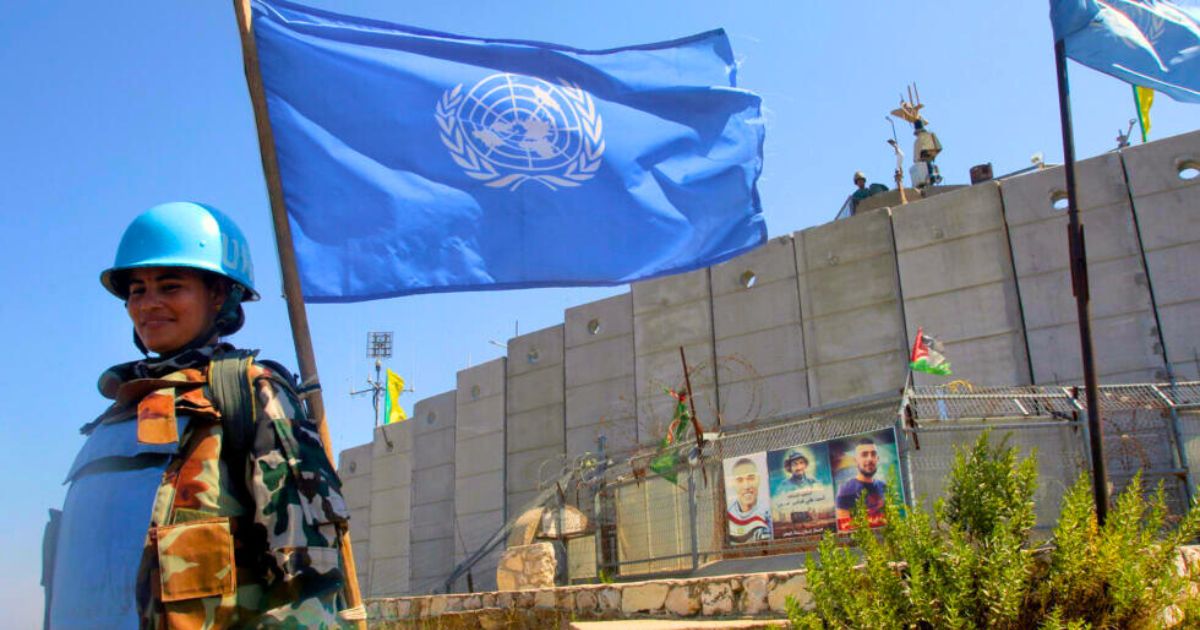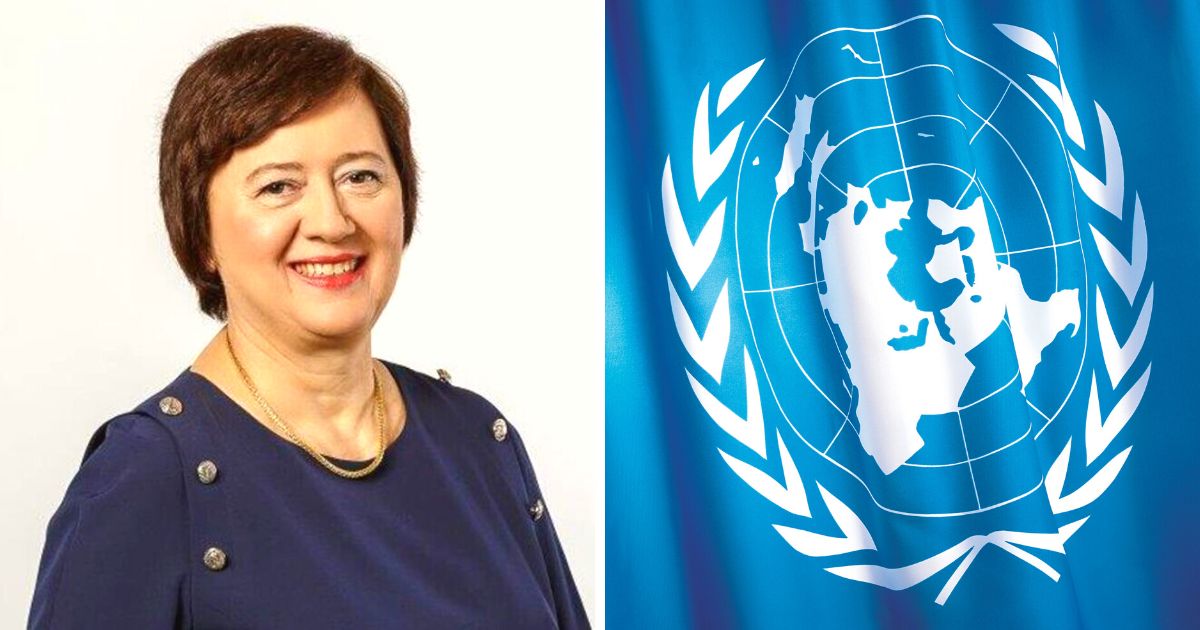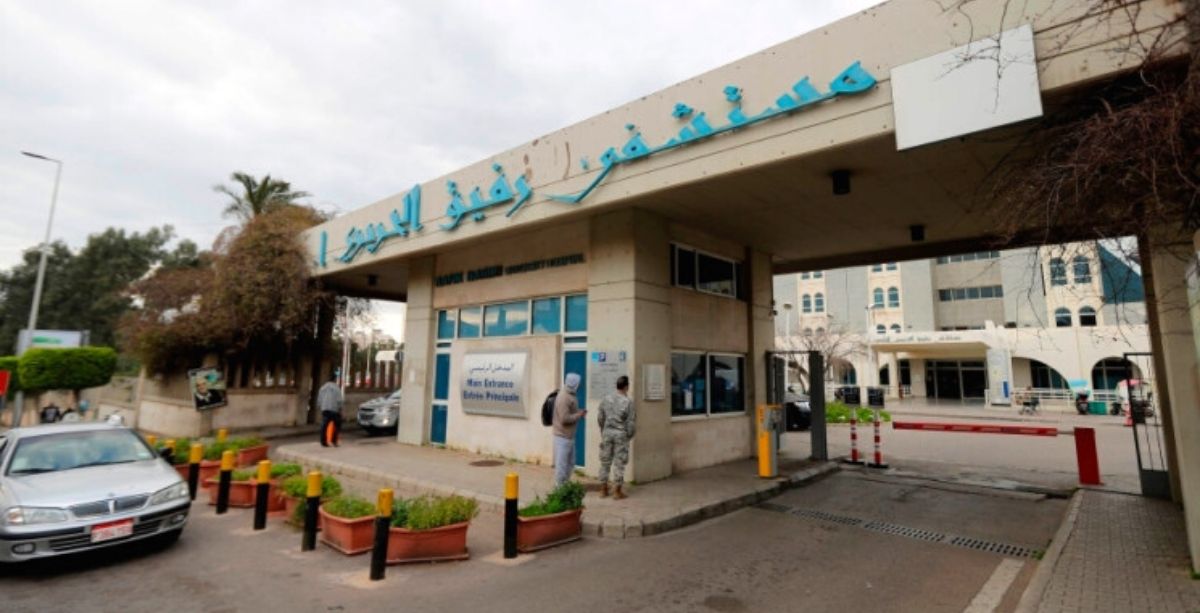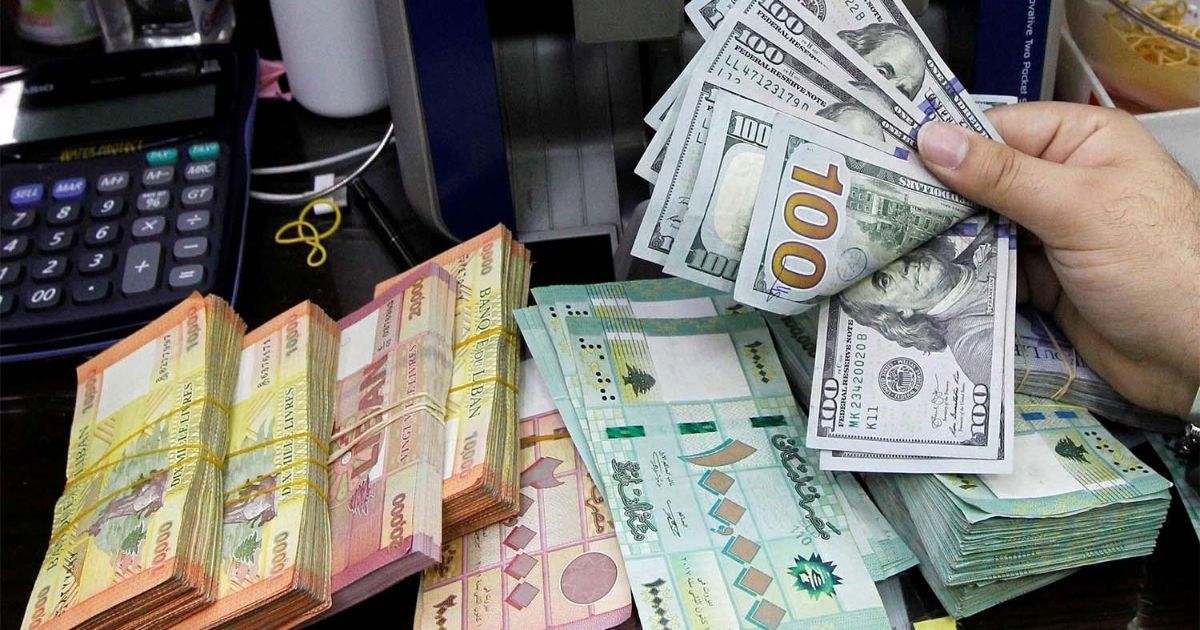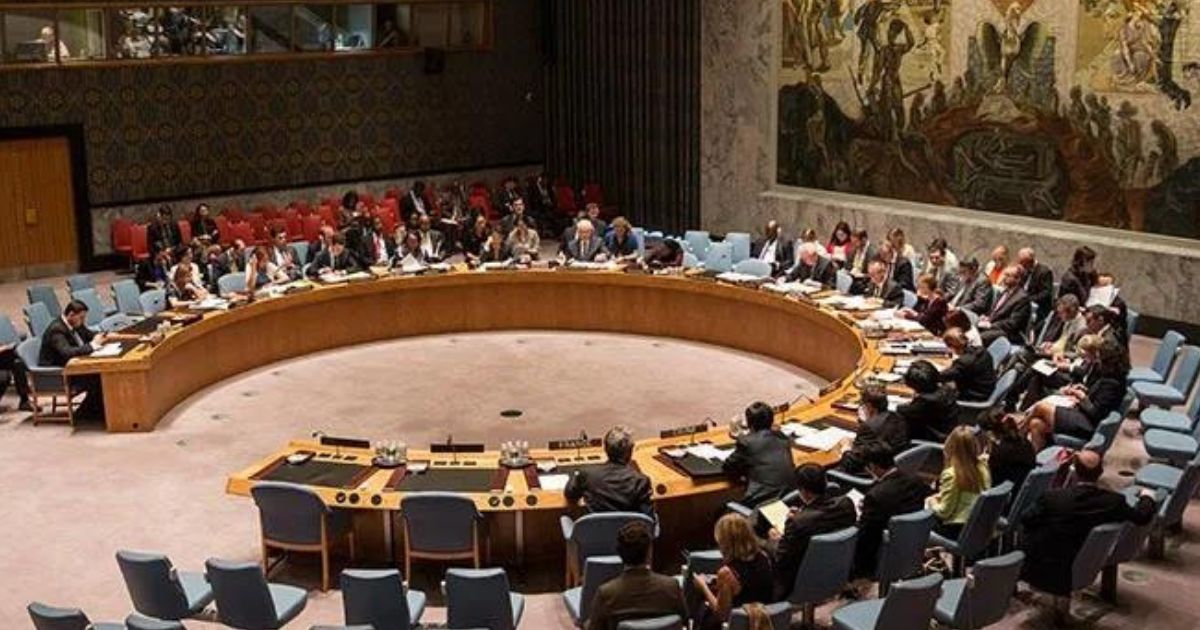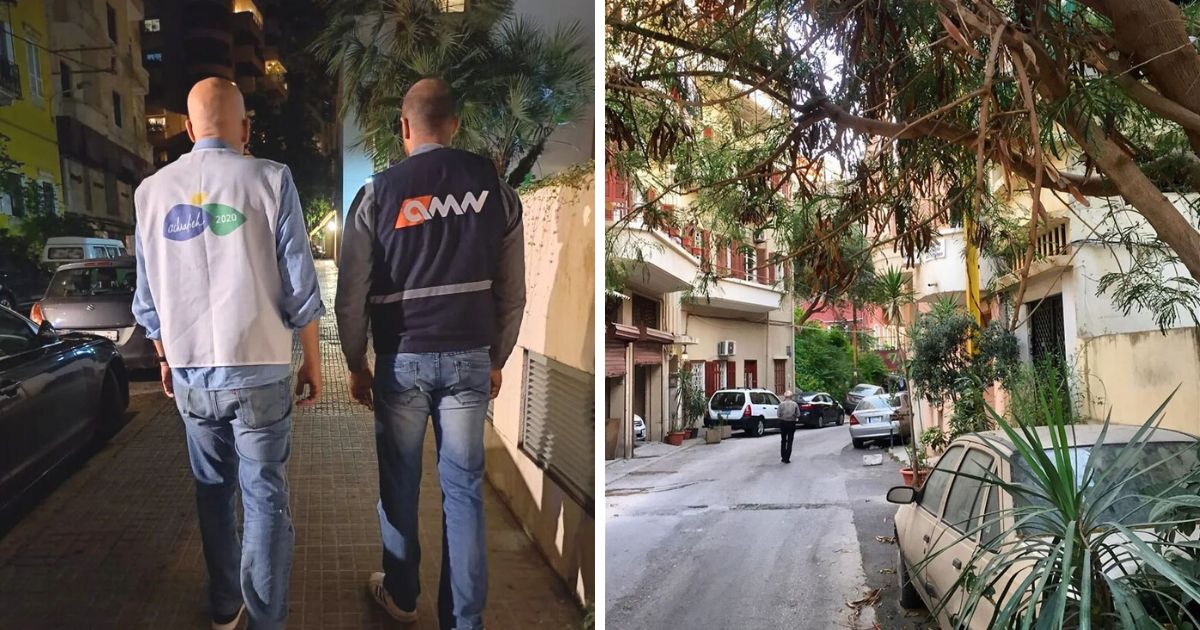The Lebanese government looked into the first version of the social protection strategy with the help of the UNICEF, International Labourer’s Organization (ILO), and the World Food Programme (WFP).
The meeting was led by Prime Minister Najib Mikati and attended by the Minister of Health Firass Abiad and the representative of the Ministry of Social Affairs.
The UN Resident Coordinator Najat Roshdi and UN Resident Representative Yuki Mukuo also attended the meeting.
A report on the Social Protection System in Lebanon by UNICEF said that 56% of people don’t have health insurance.
In the light of the current financial crisis, this is evident as people struggle to afford medicine and necessary surgeries. Many are depending on donations.
After the meeting, the UN Resident Coordinator said that this meeting was important for the launch of the Social Protection System.
She added that the Lebanese Government had previously reached out to UNICEF, ILO, and WFP to create the first version of this strategy, which is now determined.
UN Resident Representative Yuki Mukuo said that this strategy should be divided into 5 stages; Monetary Help, Social Service, Access to Essential Services, Enrolling Labourers, and Supporting the Social Security Fund.
This strategy is part of the Lebanese government’s attempts to reform the country during a financial crisis that’s making living conditions in Lebanon unbearable.
With the unstable exchange rate, which almost reached 23,000 LBP per USD (as of the time of writing), the continuous increases in gas prices, and the now-expected gradual increase in the prices in supermarkets, the Lebanese people are gradually losing their purchasing power.
